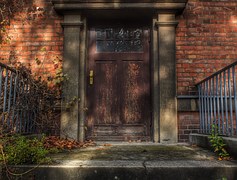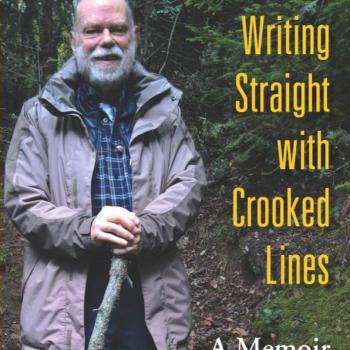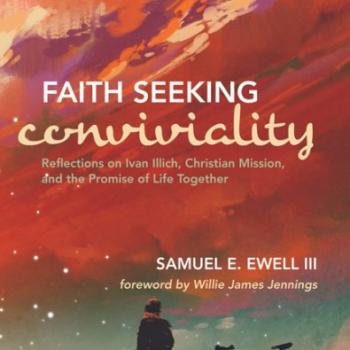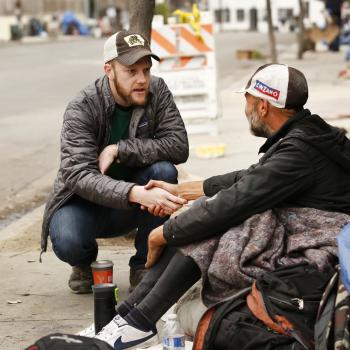 In a neighboring town I have a wonderful friend Nate who serves as pastor of an Evangelical Free church with a weekly community meal program. The town is a rustbelt artifact, still breathing but just barely. His congregation is mostly young marrieds but many of the soup kitchen regulars are older unemployed men.
In a neighboring town I have a wonderful friend Nate who serves as pastor of an Evangelical Free church with a weekly community meal program. The town is a rustbelt artifact, still breathing but just barely. His congregation is mostly young marrieds but many of the soup kitchen regulars are older unemployed men.
Thinking of the recent history of this area, Nate and I were discussing what it must feel like to go for ten years, twenty years with no job, no real chance at a job. Nate remarked, “The challenge is not whether these older guys can get something to eat, of course. It’s what they do with themselves all day long, every day. What can they do with their lives?”
Which reminded me of my friend Rick who last worked in something like 1996. Rick’s longstanding problems with depression took him out of the high end retail audio business back when Radio Shack was booming and a tech guy who could install a $10,000 home sound system could make a fair living. Recently Rick admitted he had no idea how to write or send an email. That’s how long ago he left the tech scene.
When I visit Rick, his apartment now looks like it’s inhabited by a hoarder who is making a little progress. It wasn’t always that way: I had to convince Rick that keeping thirty large boxes of obsolete audio equipment stacked around really made no sense. So he took most of them to a storage shed where he is spending too much of his disability check to keep them there. Which makes even less sense, of course.
About two years ago Rick was forced to move and I offered to front the costs of hiring a couple of local guys to help him get into his new Section 8 apartment. Which is when I realized exactly how many boxes of dead audio equipment he had stacked various corners. So he somehow went from one practically unwalkable living space to another space equally crammed.
The moving guys were slightly bemused by Rick’s peculiar possessions but didn’t say much. Privately I asked them if they ran into many people who were hoarders. “Constantly,” one guy replied. But Rick’s move didn’t phase them in the least. “What we hate is when we get somebody hoarding animals,” he added.
I thought about Rick when I read several months ago the New York Times story about the lonely death of hoarder George Bell, a piece that got a remarkable amount of reader response. Bell was one of the approximately 50,000 people who die alone in New York annually but the detective work required to identify him and to piece together his life amidst his apartment’s chaos left readers fascinated and moved.
The Japanese have a term for people who die this kind of lonely death: kodokushi. Thousands die in this way in Japan, mostly men, usually abandoned by their families and often former “salarymen” who enslaved themselves to their companies during Japan’s boom years of the 1990s.
So it’s a grim mix. The ongoing collapse of family life, a wilting middle class, and an inability to recognize the human costs of social isolation. I don’t know what we can do with this affliction—other than to name it and to reach out.
Image via Pixabay.












